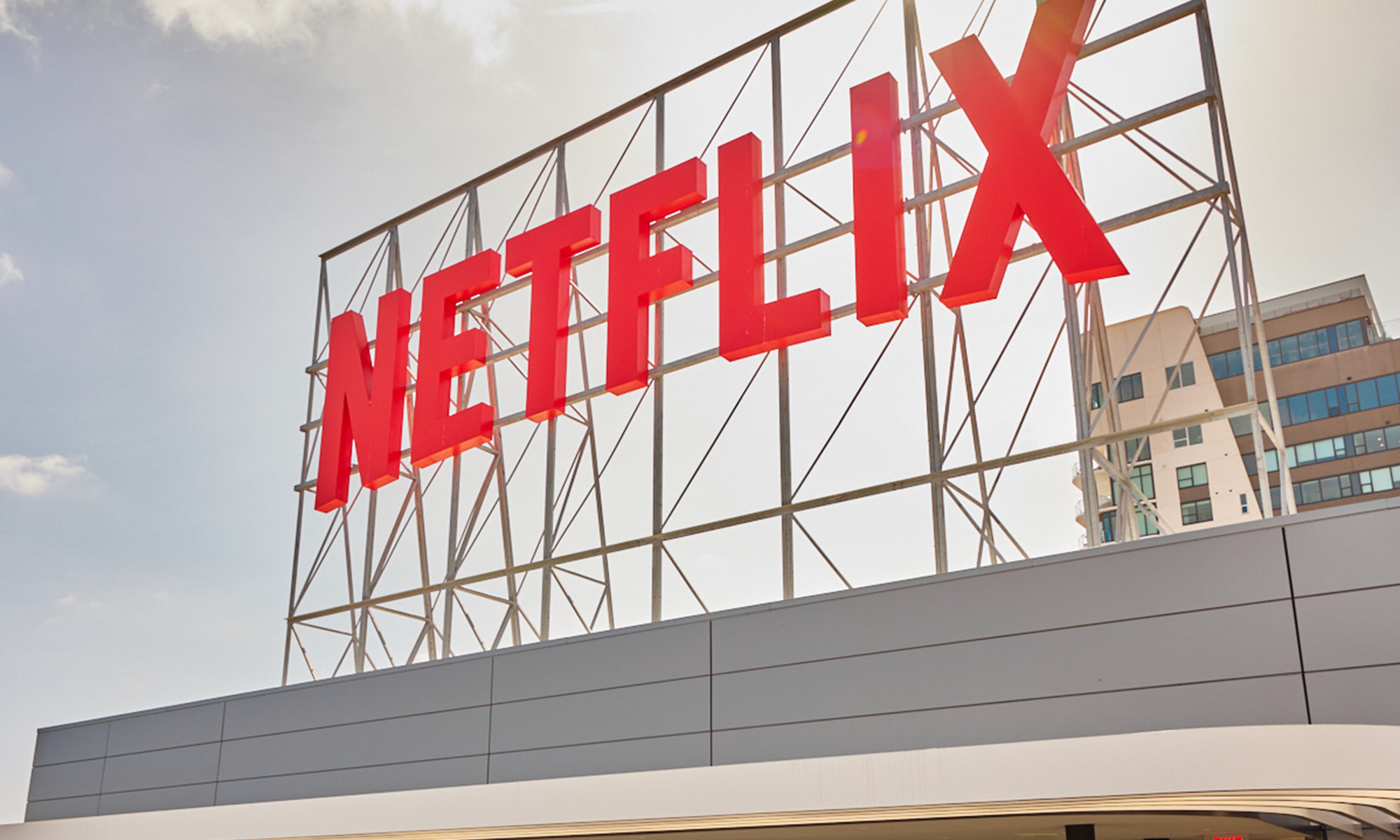The spread of the novel coronavirus across the globe has brought economic activity to its knees. The COVID-19 disease has infected more than 460,000 people globally as of March 25 and resulted in nearly 21,000 fatalities.
With people being advised to stay at home, several businesses are taking a hit. According to economists at Goldman Sachs and Morgan Stanley, a global recession may have already begun. So it won't be surprising to see the stock market continue to fall further. In such a scenario, investors may lose confidence and keep selling out of panic.
But there are still stocks out there that are worth holding onto or perhaps adding to your portfolio during these trying times -- Netflix (NFLX +0.23%) and Chewy (CHWY +1.74%). Both stocks have held their ground this year while the broader market has tanked, and a closer look at their businesses should offer some clues as to why that has been the case.
1. Netflix's subscriber base could get a shot in the arm
Netflix stock performed impeccably during the Great Recession of 2008-09. Even as the broader stock market was clobbered, the streaming giant held its ground and clocked a sharp recovery toward the end of that downturn.
That performance wasn't surprising, as Netflix enjoyed impressive growth in subscribers, revenue, and net income during the recession years. It finished 2009 with 12.3 million subscribers, as compared to 9.4 million subscribers in 2008 and 7.5 million subscribers in 2007.
The company has come a long way since then and now has over 167 million subscribers across the globe. Netflix continues to add subscribers at a decent clip as its latest results show, and the novel coronavirus-triggered lockdowns could help bring more subscribers into its fold.
App data analyzed by Credit Suisse analyst Douglas Mitchelson showed that Netflix downloads in COVID-19 hotspots such as South Korea, Hong Kong, Italy, and Spain have spiked substantially. As people are advised to stay home in order to contain the spread of the virus, they've been turning to Netflix for entertainment.

Image Source: Getty Images.
Moreover, in the case of a recession, Netflix's subscriber growth should not take a major hit as its services give people and families access to entertainment at a very low cost. The average price of a movie ticket in the U.S. last year was $9.16, according to the National Association of Theatre Owners. So a family of three can be expected to spend close to $30 for a movie outing, and that excludes the cost of gas, parking, and any refreshments.
A Netflix subscription, meanwhile, is much cheaper in the U.S., as well as internationally. A premium Netflix plan in the U.S. will set one back by $16 a month. But because the content can be beamed on four screens at once, you can simply split the monthly cost with three more users to bring down your outlay. In international markets such as India, where Netflix is currently gunning for growth, the premium monthly subscription sells for 799 rupees (roughly $11).
As such, demand for Netflix's services appears likely to stay strong despite a potential recession and novel coronavirus-induced lockdowns because of its value-for-money proposition.
2. Online pet spending will be a tailwind for Chewy
Chewy is a pure-play retailer of pet products that went public last year. The online business of brick-and-mortar pet-products retailer PetSmart, Chewy seems to be doing a good job of carving a niche for itself in the online pet-products retail space.
Its third-quarter earnings report revealed strong revenue and gross margin growth. However, investors should be aware of the fact that the company's expenses are still rising and it continues to operate at a loss. Then again, Chewy's business is less likely to take a hit during the COVID-19 outbreak and any resulting economic recession.
Online sales of pet food have been growing at a decent clip. According to a third-party report, online sales of pet food and supplies in the U.S. hit $8 billion in 2019. The industry's revenue grew at a compound annual rate of 12% over five years, but there seems to be room for stronger growth. That's because spending on pet food, treats, supplies, and medicines in the U.S. was more than $56 billion last year, according to the American Pet Products Association.
The COVID-19 outbreak could shift more of that spending online in the coming months and give Chewy's business a boost. Moreover, an economic slowdown is unlikely to dent spending on pet products as the industry is considered to be recession-proof.
According to a third-party report, spending on pets in the U.S. jumped an impressive 29% during the 2001 recession and was followed by a 17% spike in the next one. Given that 85 million families in the U.S. -- accounting for 68% of total households -- have pets, Chewy has a pretty huge addressable market that it can tap into.
A Deloitte report points out that the e-commerce industry continued to enjoy growth during the Great Recession. Chewy could enjoy a similar boost as people may want to save fuel and other expenses, so they're likely to shift to online shopping for pet products in case of a recession. That's why it may be a good idea to keep holding on to Chewy stock, as the resilience it has shown so far this year may continue, even if a recession strikes.









